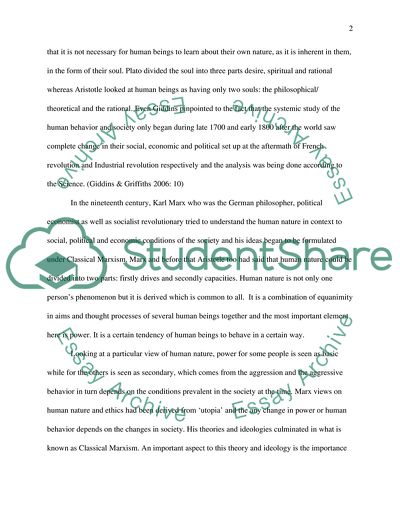Cite this document
(“How relevant are the classical approaches to understanding society Essay”, n.d.)
How relevant are the classical approaches to understanding society Essay. Retrieved from https://studentshare.org/miscellaneous/1546346-how-relevant-are-the-classical-approaches-to-understanding-society
How relevant are the classical approaches to understanding society Essay. Retrieved from https://studentshare.org/miscellaneous/1546346-how-relevant-are-the-classical-approaches-to-understanding-society
(How Relevant Are the Classical Approaches to Understanding Society Essay)
How Relevant Are the Classical Approaches to Understanding Society Essay. https://studentshare.org/miscellaneous/1546346-how-relevant-are-the-classical-approaches-to-understanding-society.
How Relevant Are the Classical Approaches to Understanding Society Essay. https://studentshare.org/miscellaneous/1546346-how-relevant-are-the-classical-approaches-to-understanding-society.
“How Relevant Are the Classical Approaches to Understanding Society Essay”, n.d. https://studentshare.org/miscellaneous/1546346-how-relevant-are-the-classical-approaches-to-understanding-society.


